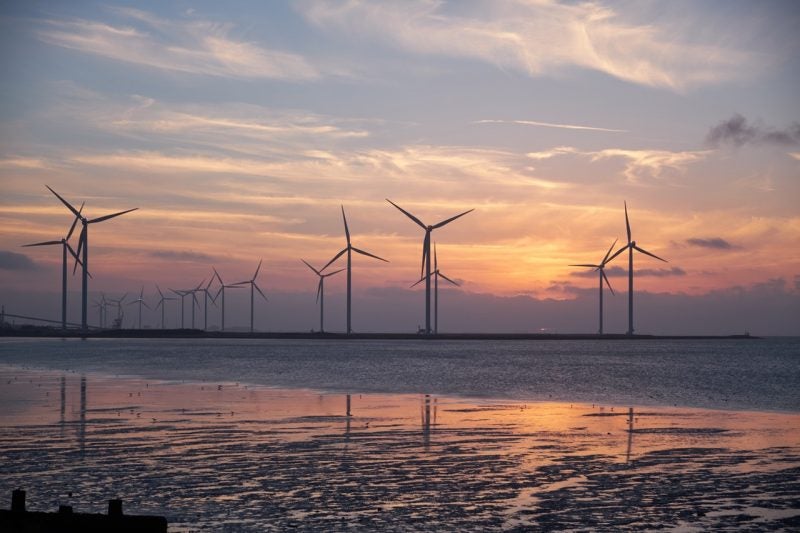
Pan-African financial institution Africa Finance Corporation (AFC) is investing $63m to construct and operate Djibouti’s first wind power project.
AFC – with investment firms Great Horn Investment Holding (GHIH), Climate Fund Managers and the Dutch Development Bank (FMO) – will construct and operate a 60 MW wind project near Lake Assal, north-western of the capital Djibouti.
AFC president and CEO Samaila Zubairu said: “We are delighted to have the opportunity to invest and develop such a significant renewable power project in Djibouti. We see renewable and green projects as a key part of our investment strategy as we look to support a sustainable future in Africa.”
The project is expected to start functioning in 2021 due to the adoption of an all-sponsor equity financing plan which enabled the start of construction within two years, as opposed to the typical three- to five-year development cycle.
AFC COO Oliver Andrews said: “This is a significant project for Djibouti as its first renewable energy project and signifies the country’s efforts to establish its own energy production from its own resources.”
The wind project is an important step in the country’s energy development. According to the UN Environment Programme, Djibouti’s energy sector has not seen much progress for several decades and has an electrification rate of just 50%. The country relies on thermal power production as well as imports from Ethiopia but aims to transition to 100% renewable electricity by 2030.
With less than 100MW available for the population, the power sector is facing challenges, especially as electricity demand is expected to increase.
FMO private equity director Jaap Reinking said: “The investment in Djibouti Wind is a perfect fit with FMO’s strategy because of its contribution to the company’s impact and CO2-reduction goals. This project will significantly reduce GHG emissions in the HFO dominated (90%) electricity sector of Djibouti.”



